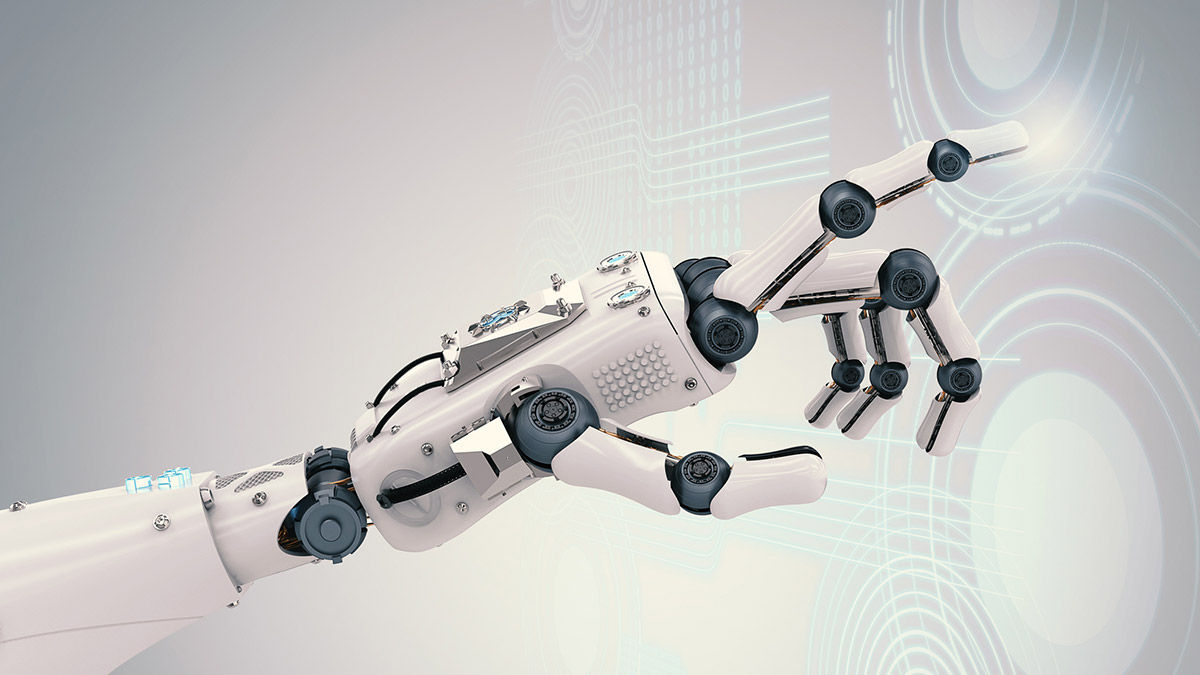Will AI make pharma marketers obsolete?

Artificial intelligence is sometimes seen as either a panacea or a destroyer – the fix for all humanity’s problems, or the apocalyptic scourge that will turn on us. Even among less hysterical people, there’s still a lot of worry. Will AI take our jobs away? If the algorithms get better and better, at what point will they stop helping us do our jobs better, and just start doing them in our place? What about us pharma marketers? Are we just one update away from being out of a job? Let’s talk about what’s behind those fears, and how worried we really should be about being outsmarted by our AI. Why people think AI will eliminate people The “uncanny valley” is the term for the phenomenon of discomfort when technology looks and feels a little too close to human. There’s an element of that natural emotion in our AI fears. We automatically personify AI in our descriptions and thoughts, explaining how they think or joking about what their motivations are.
But it is true that AI is marketing-focused. As marketing technologist Vince Jeffs noted recently, for about a decade, data scientists have listed marketing goals as the majority of their top 10 analytics goals, including: acquiring, educating, selling to, and retaining customers; improving direct marketing and customer experiences; and conducting market research. And it’s true that AI is great at helping with these pursuits. It can analyse data, identify patterns and outliers, plot the next most logical actions, adjust recommendations based on results. It can even write, test, and optimise copy and begin to “act” more creative. The truth about AI In a recent post, the “Medical Futurist” blog, written by Dr. Bertalan Meskó of Semmelweis University, asks, “Will human intelligence disappear in the age of AI?” He wonders if we are giving away too much of our agency to technology, by letting machines do work that we no longer know how to do. That’s the premise of most post-apocalyptic sci-fi: remnants of society survive thanks to the unusual few who still know how to start fire with sticks, identify edible mushrooms and navigate by the stars. Maybe. But in my non-Armageddon daily life, I’m okay with asking Siri what the weather forecast is. Perhaps my ancestors would see this as giving up power to the magic robots, but I don’t. I’m also okay with using AI at work, where our teams create algorithms that make it possible for us to be even better advisors to our clients. In any case, the statistics don’t bear out the fear. The US Bureau of Labor Statistics projects that marketing jobs will continue to increase faster than average. And there’s a reason for this. Human inventiveness is required for progress. AI is very good at taking its data and analysing it within its assigned parameters. AI is not good at working outside its lane. AI does not realise there are other lanes in which to work. A list of viable careers no longer includes switchboard or elevator operators, typesetters or pinsetters, because those roles have very specific parameters and rote actions, and so were comparatively easy to automate. Being creative is, by definition, boundless. As Intouch’s SEO director Tylor Hermanson and vice president of innovation Abid Rahman said at a recent Digital Health Coalition Summit: AI can make an impact in places that are “R.E.A.L.” – Recurring, Exempt from risk, Agonisingly slow, or Loathsome. AI shines in automating work like that: gathering and parsing millions of data points, making agonisingly complex calculations, comparing myriad factors simultaneously. Those aren’t tasks that I want people buried under. I would much prefer to have brilliant minds given the luxury of time to think, to create, to analyse, to innovate, to evaluate. It’s true that jobs evolve as technology evolves, and our work will interact ever more frequently with AI. The adoption of every groundbreaking technology, from the compass, to electricity, to medical technologies themselves like antibiotics and vaccines – has been founded in practicality. Thinking of AI only in grandiose, sci-fi ways does it a disservice. It’s a practical, adaptable part of digital pharma marketing. Pharma marketers of today – and tomorrow – will be successful if they are adept at harnessing human ingenuity, both with their own creative powers, and with the power of technology. Pharma marketers have never been button pushers; we’ve been boundary pushers. My career began with the first pharma brand websites. Ever since, I’ve used technology to extend our understanding and ability to help patients, caregivers, and healthcare professionals. AI deftly gathers and connects information, creating the efficiency that comes with organisation and calculation. Is it causing our jobs as pharma marketers to evolve? Absolutely. Is it causing our jobs as pharma marketers to disappear? Absolutely not.
About the author Faruk Capan is the founder and CEO of Intouch Group. Capan has earned cross-industry recognition over the years for his vision, innovative thinking and leadership. Within only five years of founding Intouch, Capan was named one of Ingram’s Top 40 Under Forty executives, and named one of PharmaVOICE Magazine’s 100 most Inspiring People in Life-Sciences Industry. 












